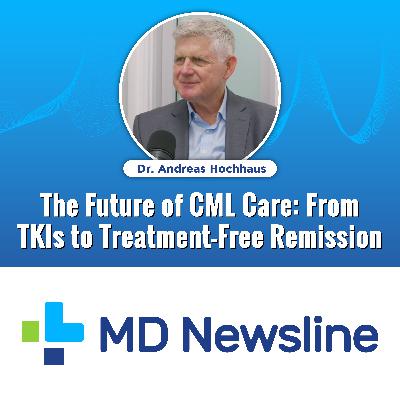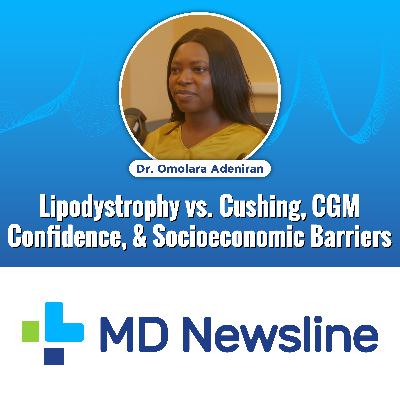Pediatric vs Adult Multiple Sclerosis: Diagnosis, Treatment, and Transition
Description
In this episode of MD Newsline, Dr. Alice Edward, a pediatric and adult neurologist and neuroimmunology specialist, explores the complex landscape of diagnosing and managing multiple sclerosis (MS) in children. She highlights the critical differences between pediatric and adult MS, including symptom presentation, diagnostic criteria, and treatment strategies. Dr. Edward also delves into the impact of hormonal changes, pregnancy planning, and the challenges of transitioning care from pediatric to adult neurology services.
Episode Highlights
Pediatric vs. Adult MS Presentation
Dr. Edward discusses how children often present with more inflammatory forms of MS and experience more frequent relapses. She emphasizes the brain's plasticity in younger patients, which can sometimes lead to better recovery.
Diagnostic Criteria and Challenges
She explains the pediatric-specific McDonald criteria and the importance of excluding alternative diagnoses like encephalitis, meningitis, or genetic disorders due to the rarity of pediatric MS.
Red Flags and Misdiagnoses
Dr. Edward points out clinical signs that may suggest non-MS demyelinating conditions and stresses the importance of early MRI access and parental advocacy.
High-Efficacy First-Line Therapy
Unlike the step-up approach in adults, pediatric MS often requires starting with high-efficacy disease-modifying therapies (DMTs) to control aggressive inflammation. She explains why escalation therapy is not favored in children.
Hormonal and Life Stage Considerations
Puberty, pregnancy, and aging play critical roles in MS management. Dr. Edward reviews the latest data on DMT use during pregnancy and postpartum periods, emphasizing preventive planning.
The Transition to Adult Care
Dr. Edward outlines the need for smoother transitional care and continuity between pediatric and adult MS services. She shares her vision for building a lifelong care model.
Cognitive Outcomes and Disease Progression
Children diagnosed with MS may face more significant cognitive challenges over time due to longer disease duration. Early and aggressive therapy can mitigate long-term deficits.
Key Takeaway
Pediatric MS is rare but more inflammatory and demands early, aggressive treatment. Tailoring care throughout a patient's lifespan—including puberty, pregnancy, and transition to adult neurology—is vital to optimizing outcomes and preventing disability.
Resources
Website: https://mdnewsline.com/
Newsletter: https://mdnewsline.com/subscribe/
Connect with Dr. Alice Edward: Here
























